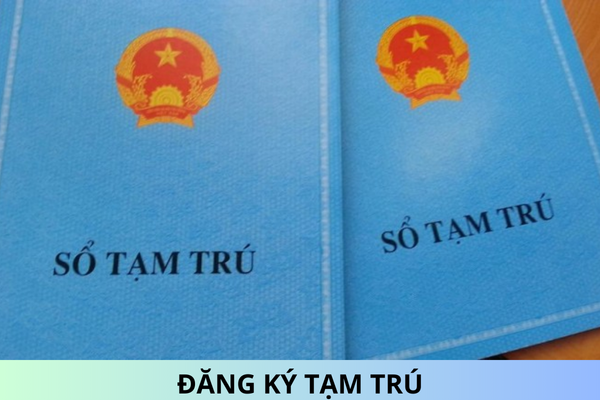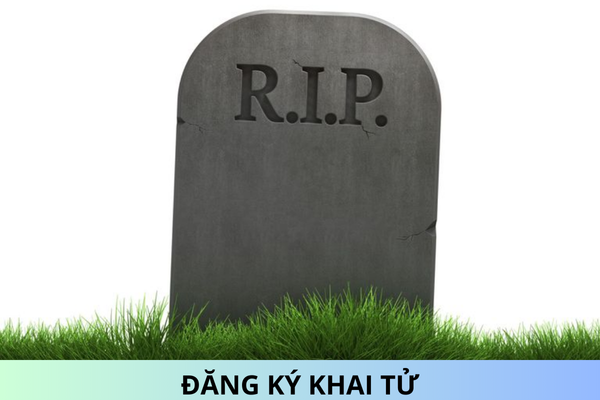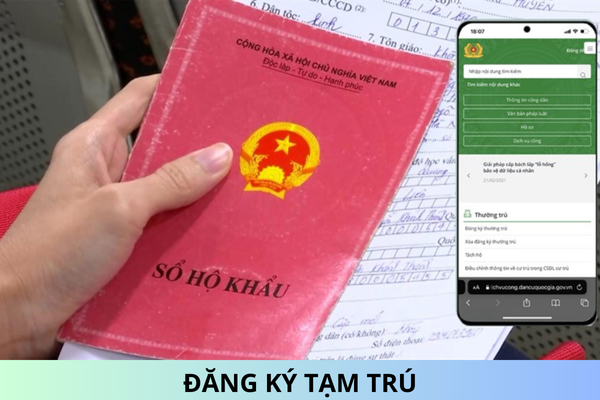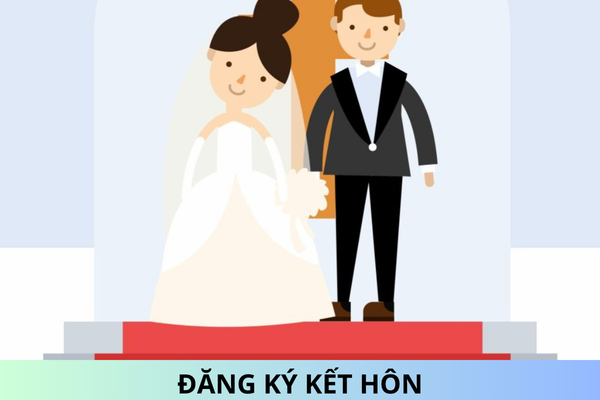Can the daughter-in-law inherit the property of her parents-in-law in Vietnam?
Can the daughter-in-law inherit the property of her parents-in-law in Vietnam? Is it permissible to inherit estate from the husband without marriage registration in Vietnam? Is it permissible to inherit estate without marriage registration in Vietnam?
Can the daughter-in-law inherit the property of her parents-in-law in Vietnam?
My husband's parents died in a traffic accident while traveling. When they passed away, they left a very large estate. Can I inherit the property of my husband's parents? I want to ask for your advice as my husband's brothers and sisters say that I am a daughter-in-law and outside o fthe bloodline, so I can't enjoy the inheritance of my husband's parents.
Answer:
Pursuant to the Law on Civil Code in 2015, all natural persons are equal with respect to rights to bequeath their property to others and to inherit estates under wills or in accordance with law. In which, the estate includes the separate property of the deceased, the part of the deceased's property in the common property with others.
If an heir is an individual, such person must be alive at the time of commencement of the inheritance or, if such person is born and alive after the commencement of inheritance, must have been conceived prior to the time when the deceased dies. Where an heir under a will is a body or organization, it must be in existence at the time of commencement of the inheritance.
The settlement of inheritance according to the will or law shall comply with the provisions of the Civil Code 2015 and other relevant guiding regulations.
For the information you provide to us, the following cases may occur:
a. In case your husband's parents left a legal will
According to the provisions of the Civil Code 2015, a will is an expression of an individual's will to transfer his/her property to another person after his/her death.
The testator has the following rights:
- Designate an heir; disenfranchisement of the heir.
- Allocate the inheritance for each heir.
- Set aside a part of the property in the heritage block to bequeath and worship.
- Assign obligations to heirs.
- Designate the will holder, estate administrator, estate divider.
In case the will is determined to be a lawful will, the inheritance division of the deceased's estate shall be done according to the will.
Therefore, the following cases may occur:
+ If the will left by your parents-in-law designates you to be entitled to a part of the estate left by your grandparents after your death, you will be entitled to inherit according to the will exactly the part of the estate that your grandparents have designated in the will. testament.
+ If the will left by your parents-in-law does not specify that you inherit the estate left by your grandparents after your death, you are not entitled to inherit.
b. In case your husband's parents have left a will, but the will is not legal or does not leave a will
According to the provisions of the Civil Code 2015, inheritance at law is inheritance according to the line of inheritance, the conditions and order of inheritance are prescribed by law. Inheritance at law shall apply in the following cases:
- There is no will;
- Illegal will;
- The heirs under the will die before or at the same time as the testator; the agency or organization entitled to inherit according to the will no longer exists at the time of opening the inheritance;
- Those who are designated as heirs under the will without having the right to inherit or refuse to receive the estate.
Thus: In case an individual dies without leaving a will or the will is illegal, the inheritance they leave behind will be divided according to the law.
The heirs of the same row are entitled to an equal share of the estate. Those in the following line of heirs are entitled to inherit only if no one in the previous line of heirs is dead, has no right to inherit, is disqualified from inheriting or refuses to receive the estate.
In which, the inheritance row is specifically defined as follows:
- The first level of heirs comprises: spouses, biological parents, adoptive parents, offspring and adopted children of the deceased;
- The second level of heirs comprises: grandparents and siblings of the deceased; and biological grandchildren of the deceased;
- The third level of heirs comprises: biological great-grandparents of the deceased, biological uncles and aunts of the deceased and biological nephews and nieces of the deceased.
Therefore: In case your parents-in-law did not leave a will or did leave a will but it was not legal, the inheritance that your parents-in-law left behind will be divided according to the law. You cannot inherit the inheritance that your parents-in-law left behind.
Note: If your husband dies after the death of your parents-in-law, the part of your husband's estate inherited from your parents-in-law's inheritance will be divided between you and your children according to the provisions of the Civil Code in 2015 and other related guidelines.

Is it permissible to inherit estate from the husband without marriage registration in Vietnam?
My husband and I have been living together for almost 1 year, but we have not registered our marriage yet. We still do not have any children. My parents-in-law is old but still very healthy. Unluckily, my husband died due to a traffic accident. As far as I know, he has a house given by his parents. I want to ask if I can inherit estate from my husband without marriage registration.
Answer:
Pursuant to Clause 1 Article 651 of the Civil Code in 2015 stipulating heirs at law as follows:
- The first level of heirs comprises: spouses, biological parents, adoptive parents, offspring and adopted children of the deceased;
- The second level of heirs comprises: grandparents and siblings of the deceased; and biological grandchildren of the deceased;
- The third level of heirs comprises: biological great-grandparents of the deceased, biological uncles and aunts of the deceased and biological nephews and nieces of the deceased.
Pursuant to Article 14 of the Law on Marriage and Family in 2014 stipulating settlement of consequences of men and women cohabiting as husband and wife without marriage registration as follows:
- A man and woman eligible for getting married under this Law who cohabit as husband and wife without registering their marriage have no rights and obligations between husband and wife. Rights and obligations toward their children, property, obligations and contracts between the partners must comply with Articles 15 and 16 of this Law.
- For a man and woman who cohabit as husband and wife under Clause 1 of this Article and later register their marriage in accordance with law, their marriage relation shall be established from the time of marriage registration.
Thus, when two people are eligible to get married but do not register their marriage, they are not considered husband and wife, so there are rights and obligations between husband and wife. Therefore, you are not an heir. However, if your husband left a legal will, you will now be entitled to inherit it.
Is it permissible to inherit estate without marriage registration in Vietnam?
My husband and I are married in 2015. We have a 2 year old son. However, we only had a wedding with two families, relatives and neighbors. We didn't make marriage registration. Recently, he had a sudden death in a traffic accident, so he did not have a will or a last testament. His family said that I couldn't inherit because there was no marriage registration. Is it correct? Thank you!
Answer:
According to the provisions of the Civil Code 2015, the non-inheritance of the inheritance of the deceased individual will be done according to that person's lawful will. In case there is no will or there is a will but it is not legal, such property shall be divided and inherited according to the provisions of law.
In case of division of inheritance according to law, the heirs of the same row shall enjoy an equal share of the estate. Those in the following line of heirs are entitled to inherit only if no one in the previous line of heirs is dead, has no right to inherit, is disqualified from inheriting or refuses to receive the estate.
Heirs at law are categorized in the following order of priority:
- The first level of heirs comprises: spouses, biological parents, adoptive parents, offspring and adopted children of the deceased;
- The second level of heirs comprises: grandparents and siblings of the deceased; and biological grandchildren of the deceased;
- The third level of heirs comprises: biological great-grandparents of the deceased, biological uncles and aunts of the deceased and biological nephews and nieces of the deceased.
Thus: Based on the provisions cited above, the wife (or husband) has the right to inherit the property left by her husband (or wife) after her death. In which, the property includes the separate property of the deceased husband (or wife), the part of the property of the deceased husband (or wife) in the common property with the wife (or husband) and with other people.
However, a man and woman eligible for getting married under this Law who cohabit as husband and wife without registering their marriage have no rights and obligations between husband and wife. Rights and obligations toward their children, property, obligations and contracts between the partners. In case a man and woman live together as husband and wife but then register their marriage in accordance with law, the marriage relationship is established from the time of marriage registration.
Conditions for marriage registration
Men and women getting married must comply with the following conditions:
- Male from full 20 years old, female from full 18 years old;
- The marriage is decided by the man and the woman voluntarily;
- No loss of civil act capacity;
- The marriage does not fall into one of the following cases:
+ Fake marriage, fake divorce;
+ Child marriage, forced marriage, cheating on marriage, obstructing marriage;
+ A married person who marries or lives together as husband and wife with another person or is unmarried or unmarried but marries or lives as husband and wife with a married person;
+ Marrying or living together as husband and wife between people of the same blood line; among people with surnames within three generations; between adoptive parents and adopted children; between a person who used to be a father, an adoptive mother with an adopted child, a father-in-law with a daughter-in-law, a mother-in-law with a son-in-law, a stepfather with a step-child of a wife, a stepmother with a step-son of a husband;
Thus: In the case of 2015, the two of you only got married with two families, relatives and neighbors as witnesses but without marriage registration.
Therefore, legally, you are not recognized by the law as a legal husband and wife, so it will not give rise to rights and obligations between you and your husband in accordance with the law.
In your casse, you do not have the right to inherit his property according to the law, unless he has left a legal will designating you to be entitled to a portion of the inheritance he leaves after his death.
Therefore: In the case you provided, the two of you did not register your marriage, he died suddenly in a traffic accident, so he did not have a will or a last thought. So you cannot inherit his property.
Best regards!










